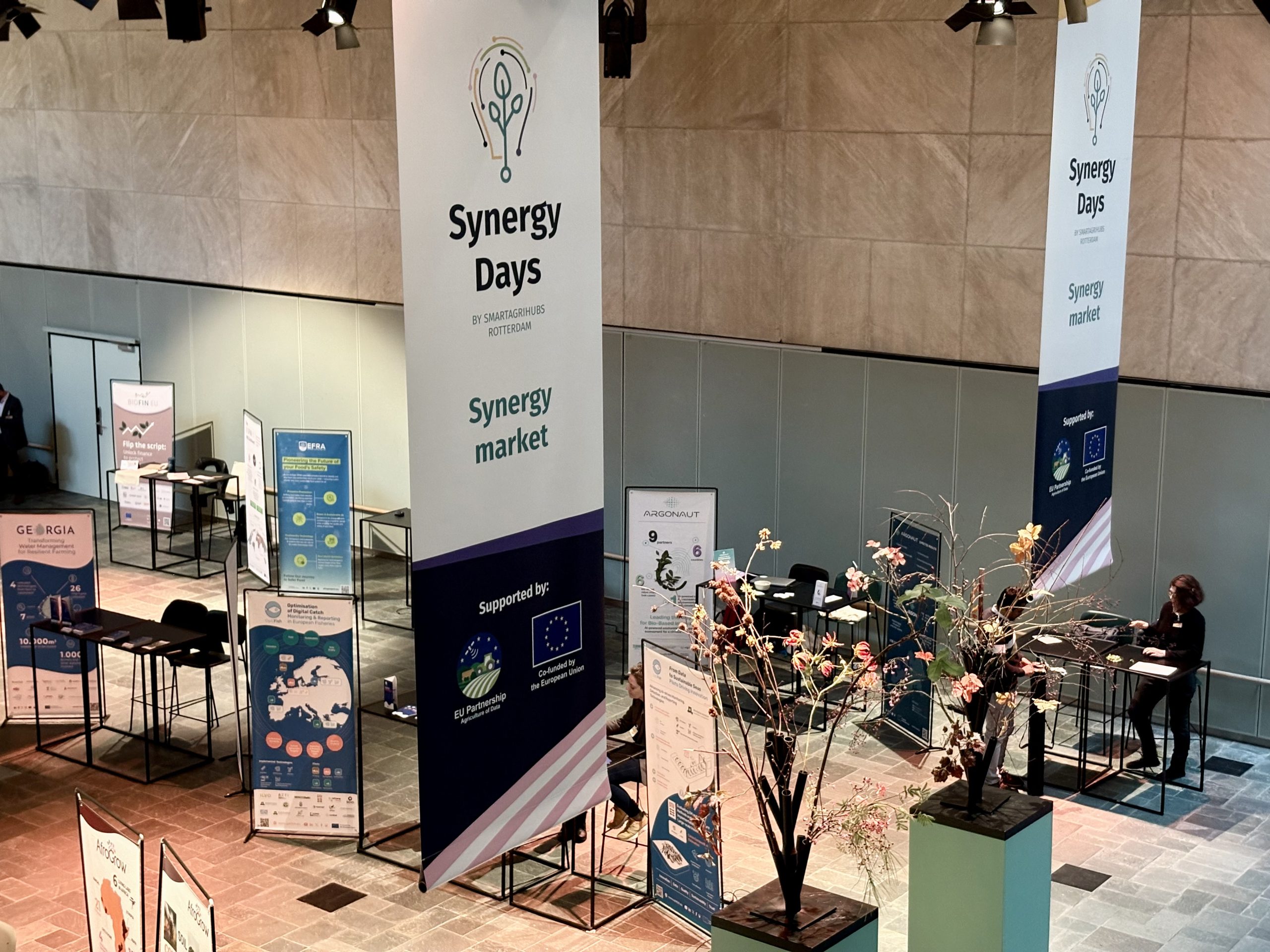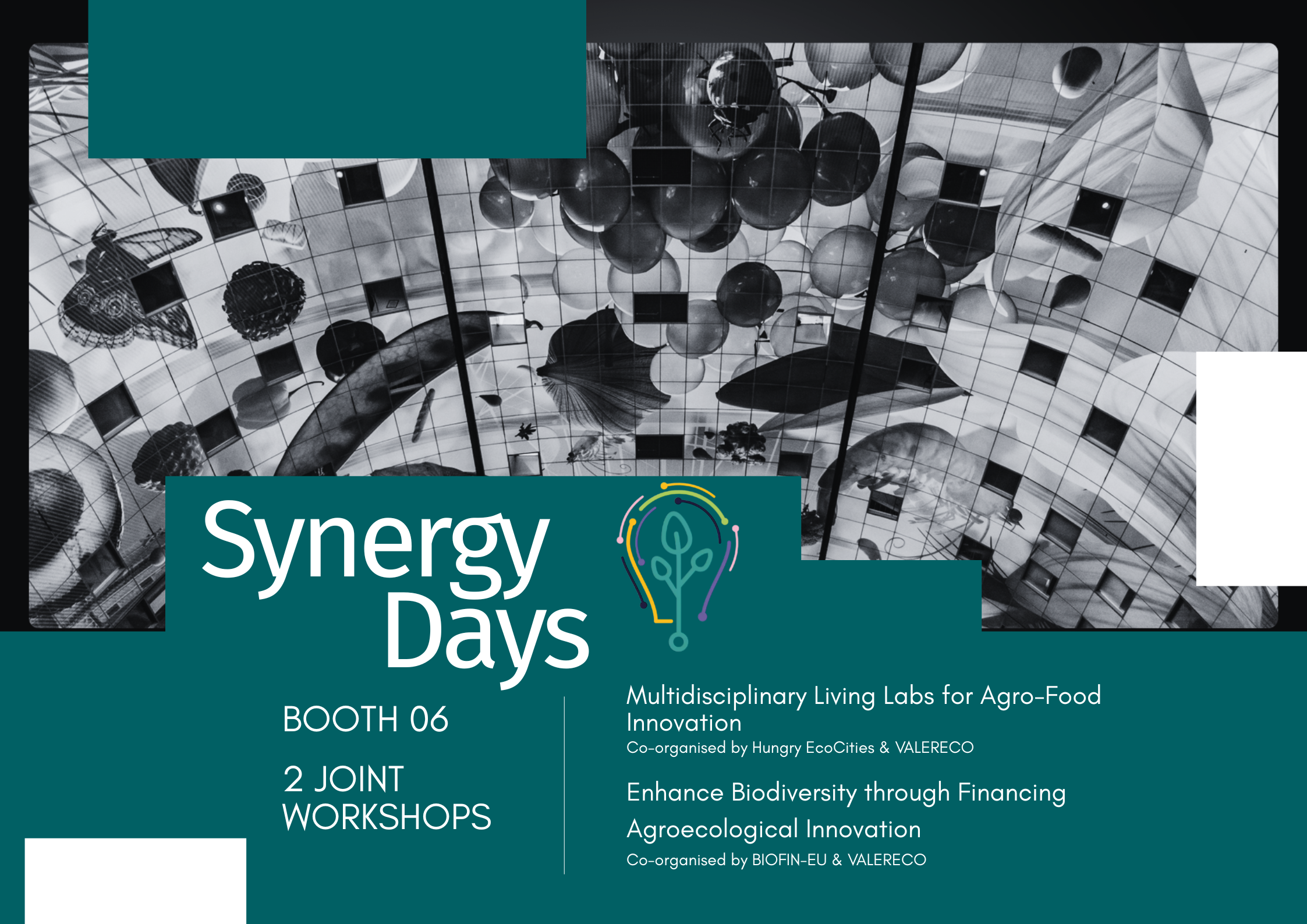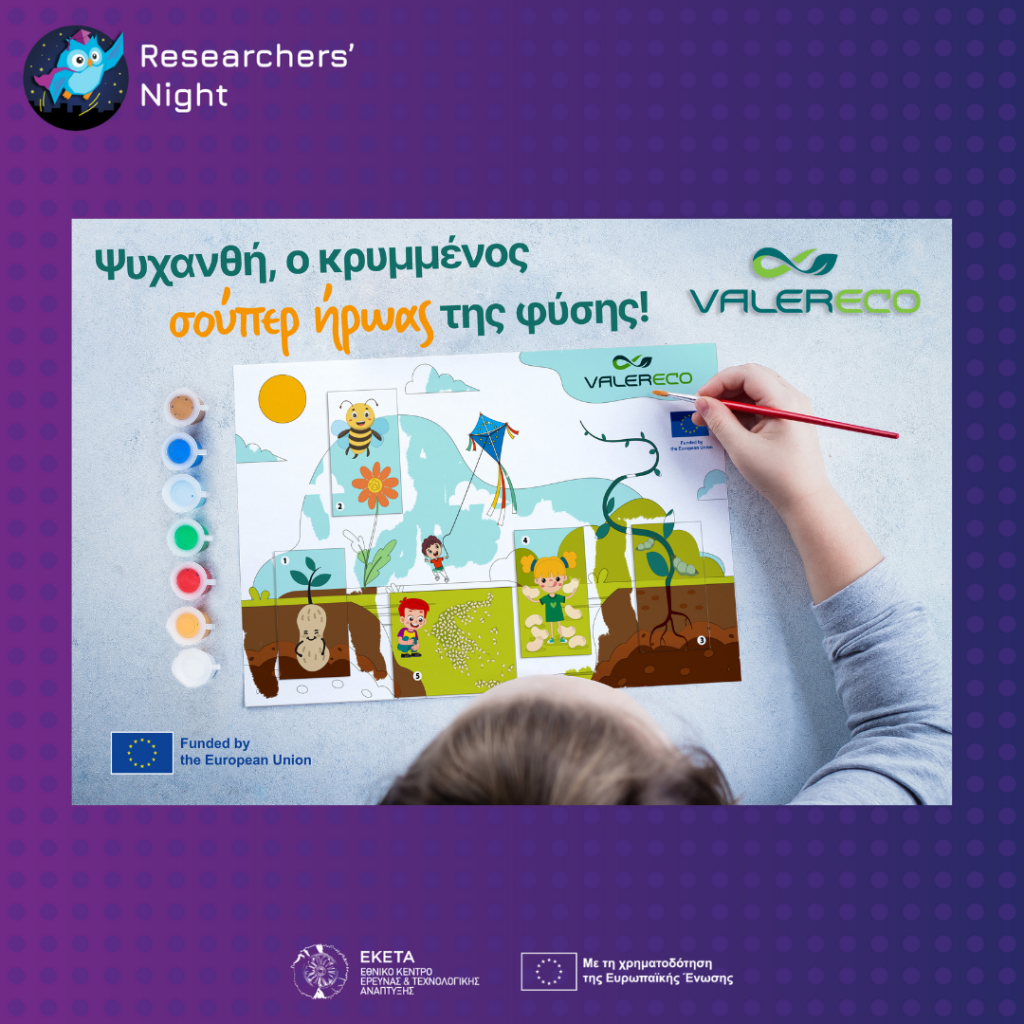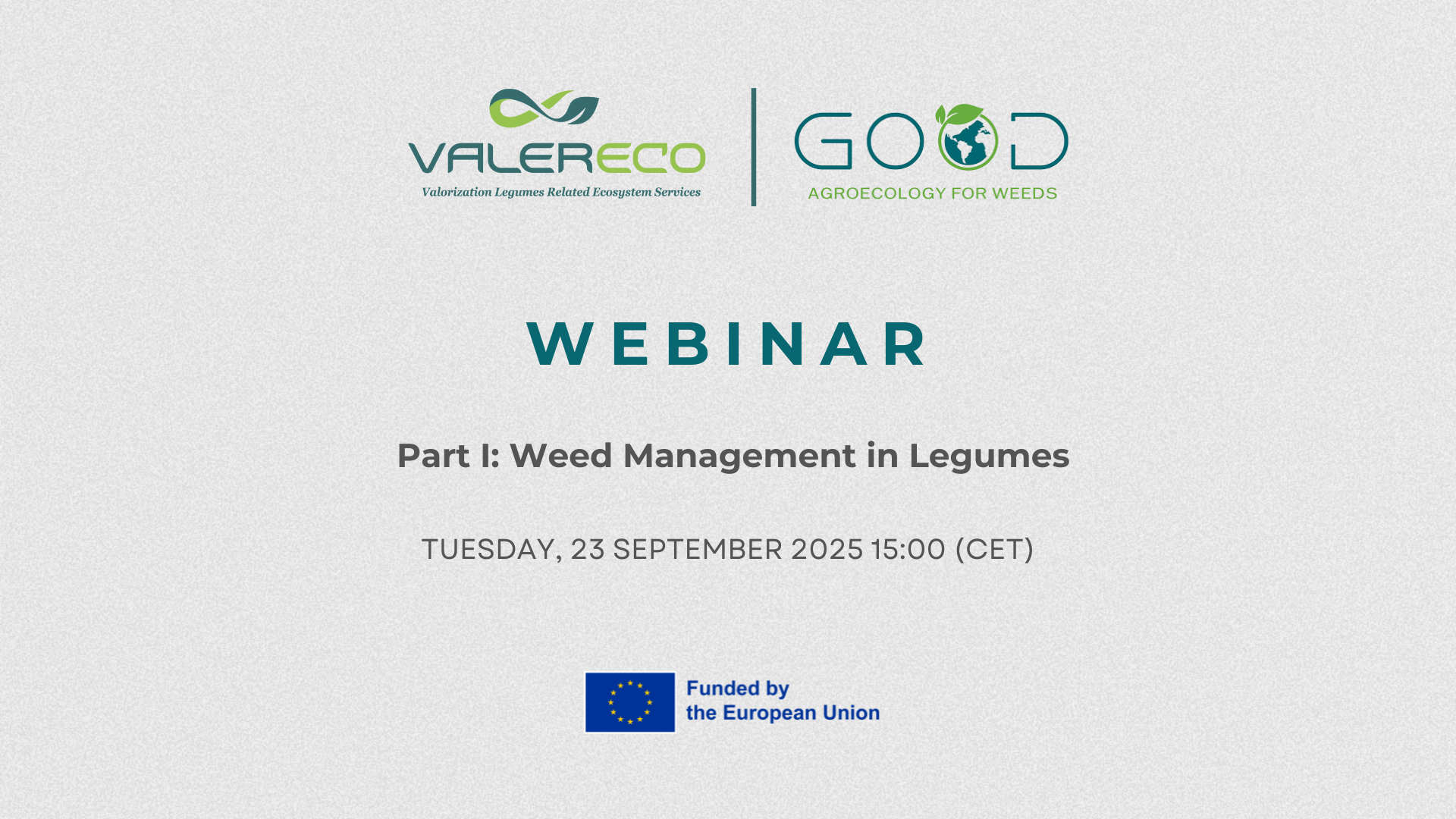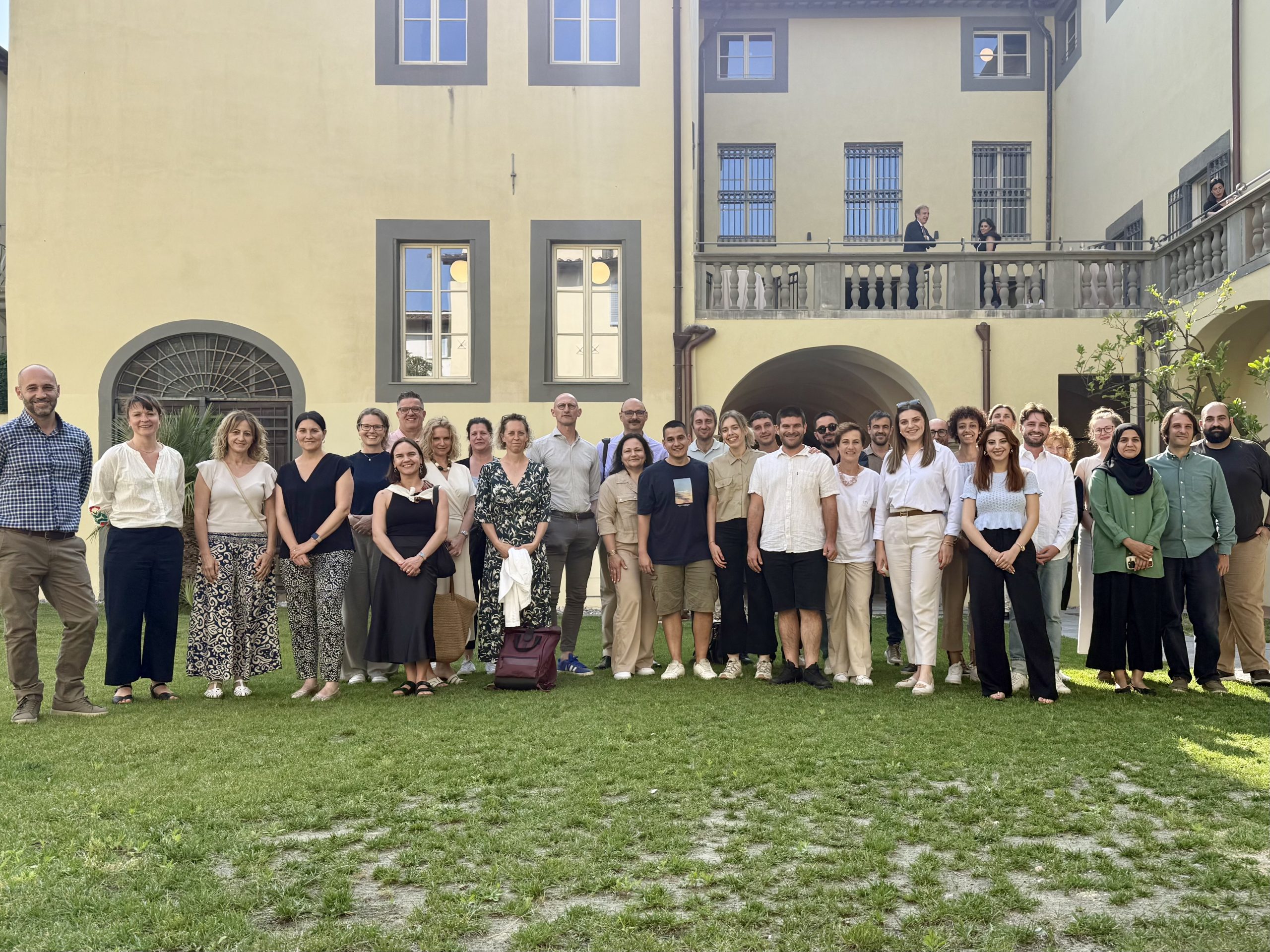Synergy Days 2025: Connecting Biodiversity and Digital Innovation
The VALERECO project returned from Synergy Days 2025 with renewed momentum and valuable insights from two days of engaging dialogue in Rotterdam. The event brought together leading voices in agri-food innovation, offering an inspiring space to explore how digitalisation and biodiversity can jointly shape a more
Learn MoreVALERECO at Synergy Days 2025: Fostering Biodiversity and Innovation through Living Labs
This October, VALERECO will take part in Synergy Days 2025, the leading European event connecting digital innovation and the agri-food sector.
Learn MoreResearchers’ Night: Legumes – Nature’s Hidden Superhero
On September 26, 2025, the VALERECO project will be part of Researchers’ Night at the Thessaloniki Concert Hall, a lively celebration of science open to all ages. During the event, visitors will be invited to discover an often-overlooked hero of our ecosystems: legumes. Why focus on
Learn MoreGOOD x VALERECO Joint Webinar
How can legumes help farmers manage weeds more sustainably while supporting biodiversity and soil health? This is the central question of the upcoming GOOD x VALERECO Joint Webinar – Part I: Weed Management in Legumes. Bringing together researchers and practitioners from across Europe, the session will
Learn MoreKey Moments from the 1st Annual Meeting in Pisa
From 12–13 June 2025, the city of Pisa became a hub for collaboration, exchange, and forward-looking thinking as the VALERECO project held its 1st Annual Meeting, hosted by Università di Pisa (UNIPI) and the Scuola Superiore Sant’Anna (SSSA).
Learn MoreOpen Field Visit at the Pisa Living Lab
On May 23rd, the Agroecology Group (GoA) of Scuola Superiore Sant’Anna hosted an Open Field Visit at CiRAA, welcoming farmers, stakeholders, and members of the public to the Pisa Living Lab as part of Agroecology Day 2025.
Learn MoreSpotlight on Legumes at Novi Sad Fair
The VALERECO project was recently presented at the 92nd International Agricultural Fair held in Novi Sad, Serbia. The event provided a unique opportunity to highlight VALERECO’s vision for sustainable agriculture and its innovative approach to integrating legume crops into European farming systems.
Learn MoreDelphy and the Living Lab
Delphy coordinates the Dutch Living Lab within VALERECO, focusing on the crops lupin and faba bean. Together with all stakeholders, our partners investigate how these legumes can be successfully integrated into existing cropping systems.
Learn MoreThe Living Lab of the University of Florence (UNIFI)
In the face of climate change and increasing resource constraints, sustainable agricultural practices have become essential. Crop rotation, particularly with legumes, offers a promising solution by improving soil health, enhancing drought resilience, and optimising resource use.
Learn MoreHow legumes help mitigate climate change
A new article by Metaxia Kokkini, Project Manager from our Coordinator, the Agricultural University of Athens (AUA), on WikiFarmer highlights how legume crops can support carbon sequestration and reduce greenhouse gas emissions in agriculture.
Learn More